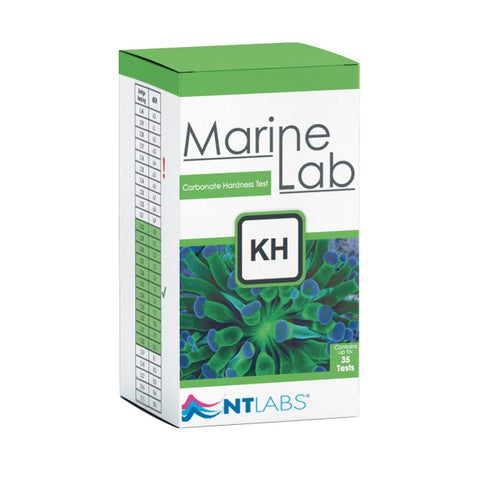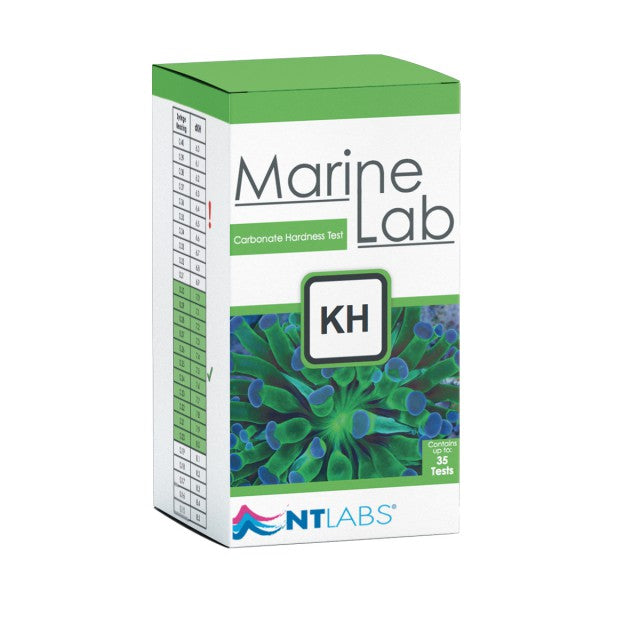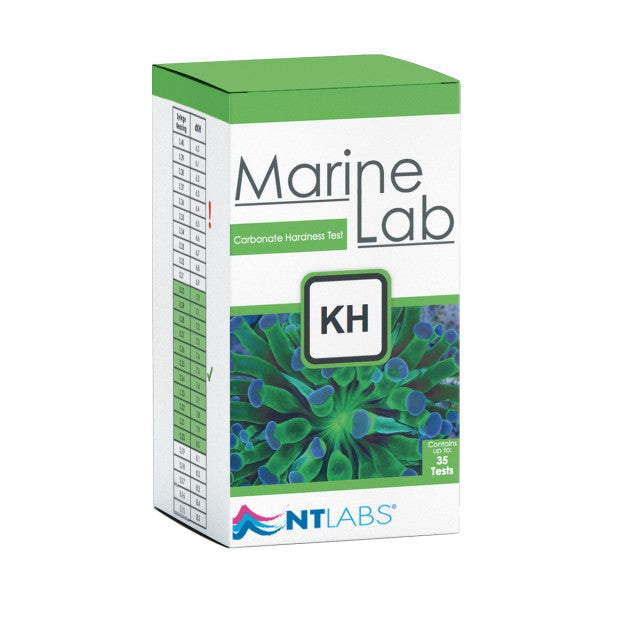NT Labs Marine Lab - KH Test
NT Labs Marine Lab - KH Test
Regular price
R 315.00
Regular price
R 315.00
Sale price
Unit price
/
per
check_circle Fast Shipping
check_circle Quality Products
check_circle Affordable Price
Reach out to us on ''available to order'' items via WhatsApp or email
Low stock: 4 left
Couldn't load pickup availability

NT Labs Marine Lab - KH Test
Regular price
R 315.00
Regular price
R 315.00
Sale price
Unit price
/
per
package_2
Product Description
Product Description
The essential water quality test for all marine aquariums. Carbonate hardness analysis for marine water stability and health. Titration kit for precise and accurate results.
What is KH?
KH, or carbonate hardness, describes the pH buffering capability of water. Water with the correct KH will resist changes to the pH, ensuring a stable environment for your aquarium’s inhabitants. KH measures the concentration of carbonates and bicarbonates dissolved in the water which provide the pH-stabilising effect. In a reef aquarium, these are also an essential component for reef-building corals and other invertebrates with calcium-based exoskeletons.
Why test for KH?
As marine water ages, acidic processes in the aquarium consume the KH causing it to decrease. Furthermore, many marine invertebrates assimilate carbonates removing them from the water column. If the KH becomes too low, the pH of the water is at risk of significant fluctuations. It is these changes that cause stress to fish and make them more susceptible to disease. The KH should be tested frequently to ensure that it remains at the correct level to provide a stable environment for your aquarium’s inhabitants.
What is the correct level of KH?
In natural seawater, the dissolved carbonate hardness is normally 7 dKH (or °KH), but you may wish to maintain a level between 7 and 14 dKH depending on your method of running the aquarium.
What to do if the KH level is wrong?
If your KH is low in your aquarium, use NT Labs Marine Buffer Powder to safely increase the KH up to the desired level. Monitor the KH frequently to determine how quickly the KH decreases over the period of a week and adjust to frequency of water changes or addition of buffer to maintain a stable KH. If the KH in your aquarium is high, a water change with a good quality salt will help reduce the KH, but changes to KH should be carried out slowly to avoid stressing the inhabitants.

Coastal Pets Store Provides Top Quality Products
Coastal Pets Provides Top Quality Products
Coastal Pets Provides Top Quality Products
Coastal Pets Provides Top Quality Products
Coastal Pets Provides Top Quality Products
Coastal Pets Provides Top Quality Products
Coastal Pets Provides Top Quality Products

